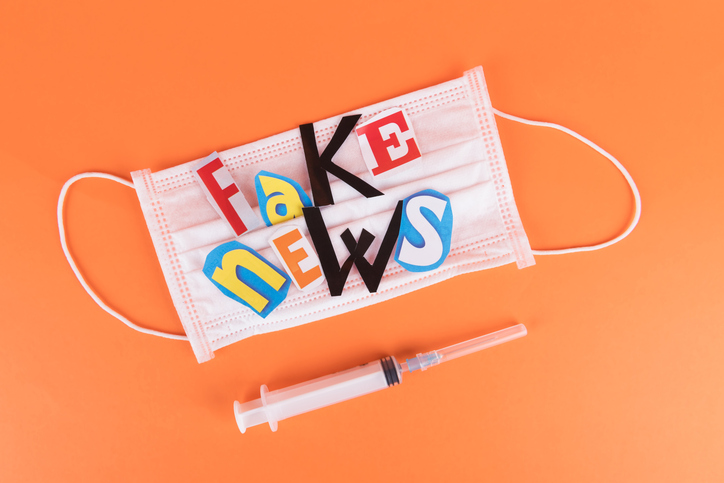
The Hidden Dangers of Medical Misinformation Online
The internet has transformed how we access information, especially when it comes to health. With just a few clicks, anyone can look up symptoms, research treatments, or join online communities for support. But while this unprecedented access can empower patients, it also opens the door to one of today’s biggest public health threats: medical misinformation.
From miracle cures to conspiracy theories, misinformation spreads quickly online—and the consequences can be devastating.
Why People Trust Dubious Sources
One of the strangest realities of our digital age is how easily questionable medical advice gains traction. A slick infographic on Instagram or a persuasive YouTube video can seem just as credible as a peer-reviewed journal. According to the Pew Research Center, a majority of Americans now say they’ve encountered health misinformation online, yet many struggle to identify it.
Why does this happen?
-
Authority bias: If someone appears confident and knowledgeable, people assume credibility.
-
Emotional appeal: Stories about miracle recoveries or quick fixes are more shareable than cautious, science-based advice.
-
Community trust: Online groups often reinforce their own beliefs, even when those beliefs contradict medical evidence.
The result? People may skip proven treatments, delay seeing doctors, or self-medicate in dangerous ways.
When Misinformation Turns Dangerous
It’s one thing to read a questionable wellness blog, but another to act on it. During the COVID-19 pandemic, misinformation about treatments and vaccines directly impacted public health. The World Health Organization has even coined the term infodemic to describe the overwhelming flood of misleading information that spreads faster than the virus itself.
But the problem isn’t limited to pandemics. Everyday medical issues are affected too:
-
People with chronic illnesses may abandon prescribed medications in favor of unproven supplements.
-
Parents may delay vaccinations after reading false claims on social media.
-
Patients might follow fad diets that put their health at risk instead of consulting trained professionals.
The Mayo Clinic warns that misinformation not only puts individuals in danger but also strains healthcare systems when preventable complications arise.
The Role of Healthcare Professionals
Doctors and nurses face an uphill battle in countering misinformation. Studies published by the National Institutes of Health show that when patients come in armed with questionable online “facts,” it can erode the doctor-patient relationship. Instead of a conversation built on trust, doctors often spend precious time debunking myths before they can begin treatment.
Some healthcare providers are fighting back by becoming more active online themselves, sharing evidence-based information on platforms where misinformation thrives. While this is encouraging, the sheer volume of misleading content means patients still need to remain cautious and discerning.
How to Spot Reliable Health Information
So, how can the average person avoid being misled? A few good rules of thumb:
-
Check the source: Is the information coming from a government health agency, a recognized medical institution, or a peer-reviewed journal?
-
Beware of absolutes: Phrases like “miracle cure” or “100% effective” are red flags. Real medicine acknowledges nuance and risk.
-
Look for citations: Credible articles reference studies and data, not just personal stories.
-
Consult your doctor: Even solid online resources should supplement—not replace—professional medical advice.
By applying a critical eye, patients can better separate fact from fiction.
When the Line Crosses Into Negligence
While much of the danger lies in misinformation spread outside medical offices, it’s important to remember that doctors and hospitals themselves can sometimes provide incorrect or negligent care. Misdiagnoses, failure to order appropriate tests, or ignoring clear symptoms can have serious consequences for patients.
In these cases, the harm isn’t just about misinformation—it’s about medical malpractice. Patients in Atlanta and across the country who suffer because of negligent medical treatment may be entitled to seek justice. Speaking with an experienced Atlanta medical malpractice attorney can help victims understand their options and hold negligent providers accountable.
Staying Informed—and Protected—from Medical Misinformation
The internet has given us all unprecedented access to health information, but with that power comes responsibility. By learning to identify misinformation and relying on trusted medical sources, we can protect ourselves from its dangers. And when misinformation crosses the line into professional negligence, legal help may be the most important step toward recovery.


